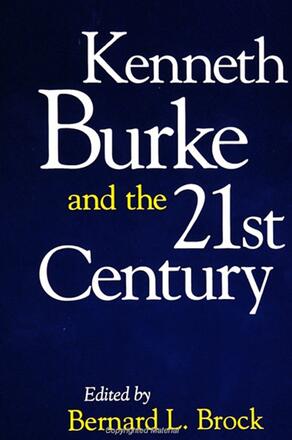
Kenneth Burke and the 21st Century
Alternative formats available from:
Kenneth Burke was an influential thinker, literary critic, and rhetorician in the transition between the 20th and 21st centuries. This volume, edited by an influential Burkean scholar, addresses the question: Who was Burke and how can his work be helpful to those who must face new problems and challenges?
Description
This book contributes to the ongoing debate over the future of rhetorical theory and criticism by presenting the stands taken by a variety of prominent Burkean scholars on the following issues: the nature of the Burkean system, Burke and feminism, Burke and postmodernism and multiculturalism, and the nature of symbolic action. It demonstrates that Kenneth Burke anticipated many of the issues rhetorical theorists and critics face as they enter the 21st century.
Bernard L. Brock is Professor of Communication and Director of the Center for Art and Public Policy, Wayne State University. He is the author of Kenneth Burke and Contemporary European Thought: Rhetoric in Transition, Public Policy Decision-Making: A Systems and Comparative Advantages Approach, and the editor of Methods of Rhetorical Criticism: A Twentieth Century Perspective.
Reviews
"For the first time we have an account of the development of Burke's thought over seven decades. Kenneth Burke and the 21st Century traces the maturation of Burke's thought and the gradual changes in his emphasis and orientation. It asks the question: Who was Burke and how can his work be helpful to us who must face new problems and new times? It does not try to make Burke into a culture hero or wise man, but rather focuses on what is useful in Burke and how to use what he called 'equipment for living. ' " — Andrew King, Louisiana State University
"The field of communication needed a text which brings together Kenneth Burke's works and focuses them in a 20th century context. The fact that Bernard Brock has edited this book is a plus because he is truly one of Kenneth Burke's most ardent critics and advocates. " — John W. Smith, Ohio University
"Brock is unquestionably among the top Burkean scholars at work today and he is often in the midst of the issues presented. These are the issues around which debate has been swirling. Kenneth Burke and the 21st Century is an excellent introduction to those issues for the novice as well as a valuable collection for the working scholar. " — W. Lance Haynes, University of Missouri–Rolla